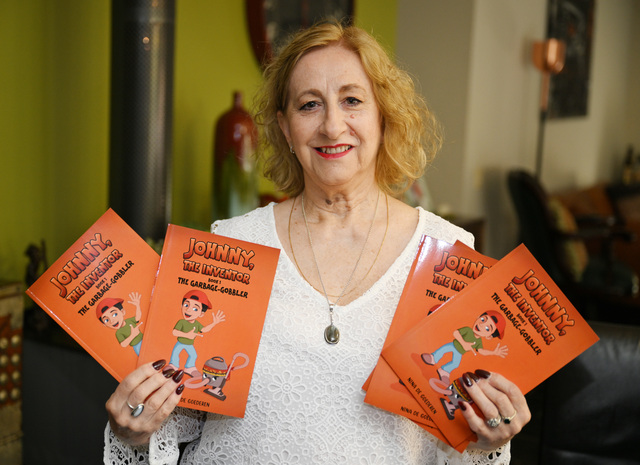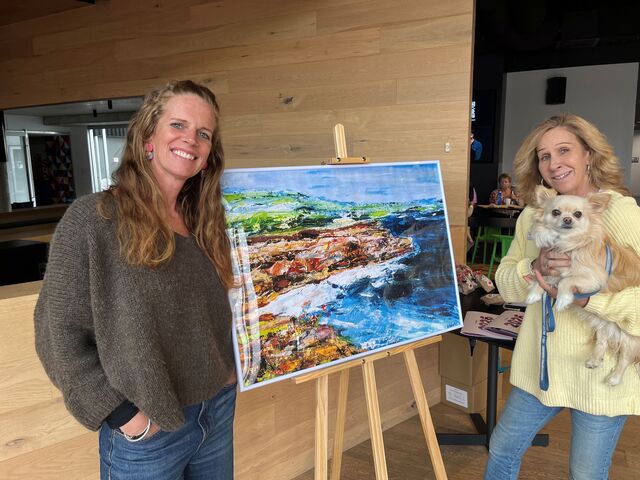Drug-fuelled violence against emergency services and community workers has prompted calls for greater action to tackle a growing ice epidemic.
Youth worker Les Twentyman said the state government must do more to protect frontline workers such as police, paramedics and youth workers from the dangers of violence from ice users. He wants outreach workers to receive more training and more secure drug rehabilitation clinics.
“There is a hidden victim in this and that is the young kids who are subjected to ice-affected parents,” he said.
“It’s just a massive cost to everyone. The other thing is there’s no treatment. We get about three calls a day, but we can’t send them anywhere for treatment.”
Ambulance Employees Association secretary Steve McGhie said the problem had been underestimated and more outreach workers needed to get into schools to educate about the drug’s dangers.
“Once ice takes over an individual, these people on ice have no idea what they’re doing. They’re completely off their face, they get very aggressive, very strong; they become so dangerous, they become so irrational,” he said. “We have to start getting on top of this epidemic because if we don’t it will take over local communities, in particular our youth. Then we’re going to be in desperate trouble.”
Paramedic Danny Hill said ice users tend to be surging with adrenaline and often looking for a fight.
“They will see paramedics or police as being authority and they just want to take them on. They’ve got no fear of repercussions, no fear of being hurt and they can be very, very strong.”
Mr Hill said many paramedics now won’t arrive at a callout until they are sure enough police will be there to guarantee safety.
“Ice has certainly taken over where I work in Werribee. It has become more of a problem than heroin or marijuana were in the past,” he said. “There’s no way we can do our job safely while people are so fired up and aggressive.”
Footscray, Sunshine, Braybrook, Werribee, Deer Park and St Albans were all identified as hotspots, where users as young as 13 or 14 were being “captured” by ice.
“They just don’t realise just how badly it can grab hold of your life and change it quite quickly. We really need to try and understand the drug better, try to identify who is going to have a problem with it and try to educate them earlier.”






